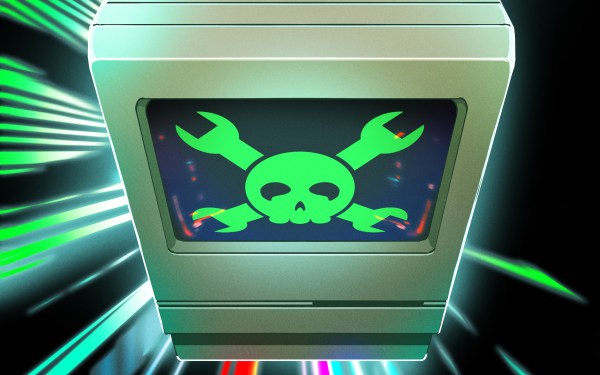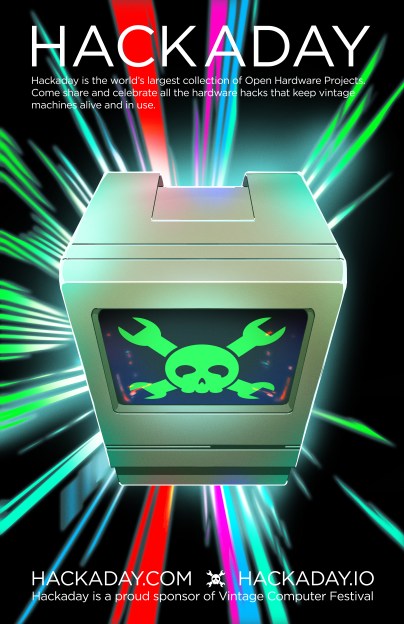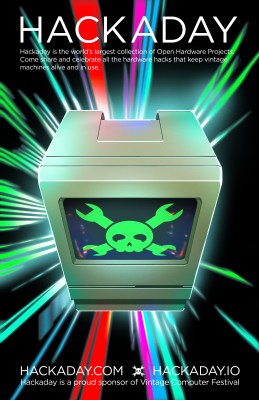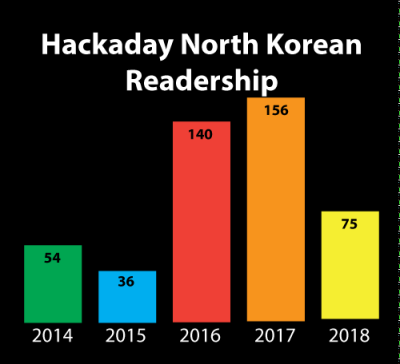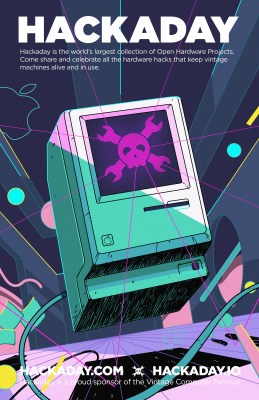Talk about buried treasure: archeologists in Germany have – literally – unearthed a pristine Soviet spy radio, buried for decades outside of Cologne. While searching for artifacts from a Roman empire settlement, the archeologists found a pit containing the Soviet R-394KM transceiver, built in 1987 and apparently buried shortly thereafter without ever being used. It was found close to a path in the woods and not far from several sites of interest to Cold War-era spies. Curiously, the controls on the radio are labeled not in Cyrillic characters, but in the Latin alphabet, suggesting the radio was to be used by a native German speaker. The area in which it was found is destined to be an open-cast lignite mine, which makes us think that other Cold War artifacts may have fallen victim to the gore-covered blades of Bagger 288.
Good news for Betelgeuse fans, bad news for aficionados of cataclysmic cosmic explosions: it looks like the red giant in Orion isn’t going to explode anytime soon. Betelgeuse has been dimming steadily and rapidly since October of 2019; as a variable star such behavior is expected, but the magnitude of its decline was seen by some astronomers as a sign that the star was reaching the point in its evolution where it would go supernova. Alas, Betelgeuse started to brighten again right on schedule, suggesting that the star is not quite ready to give up the ghost. We’d have loved to witness a star so bright it rivals the full moon, but given the times we live in, perhaps it’s best not to have such a harbinger of doom appear.
If you plan to be in the Seattle area as the winter turns to spring, you might want to check out the Vintage Computer Fair Pacific Northwest. We visited back during the show’s first year and had a good time, and the Living Computers: Museum + Labs, where the event is held, is not to be missed. The Museum of Flight is supposed to be excellent as well, and not far away.
Mozilla announced this week that Firefox would turn on DNS over HTTPS (DoH) by default in the United States. DoH encrypts the DNS requests that are needed to translate a domain name to an IP address, which normally travel in clear text and are therefore easily observed. Easily readable DNS transactions are also key to content blockers, which has raised the hackles of regulators and legislators over the plan, who are singing the usual “think of the children” song. That DoH would make user data collection and ad-tracking harder probably has nothing to do with their protests.
And finally, sad news from California as daredevil and amateur rocketeer “Mad” Mike Hughes has been killed in a crash of his homemade rocket. The steam-powered rocket was to be a follow-up to an earlier, mostly successful flight to about 1,900 feet (580 m), and supposed to reach about 5,000 feet (1.5 km) at apogee. But in an eerily similar repeat of the mishap that nearly killed Evel Knievel during his Snake River Canyon jump in 1974, Mike’s parachute deployed almost as soon as his rocket left the launch rails. The chute introduced considerable drag before being torn off the rocket by the exhaust plume. The rocket continued in a ballistic arc to a considerable altitude, but without a chute Mike’s fate was sealed. Search for the video at your own peril, as it’s pretty disturbing. We never appreciated Mike’s self-professed Flat Earth views, but we did like his style. We suppose, though, that such an ending was more likely than not.


